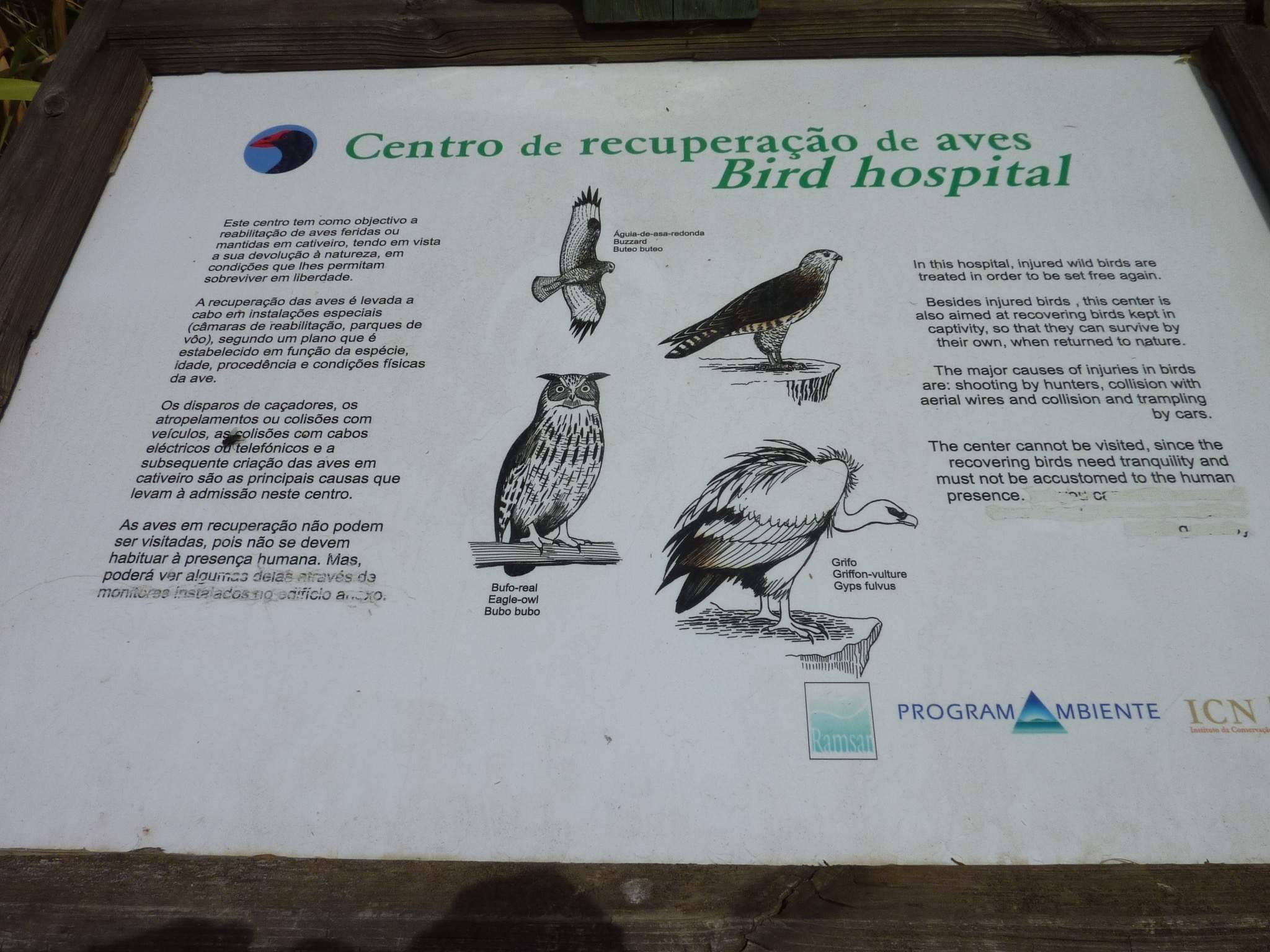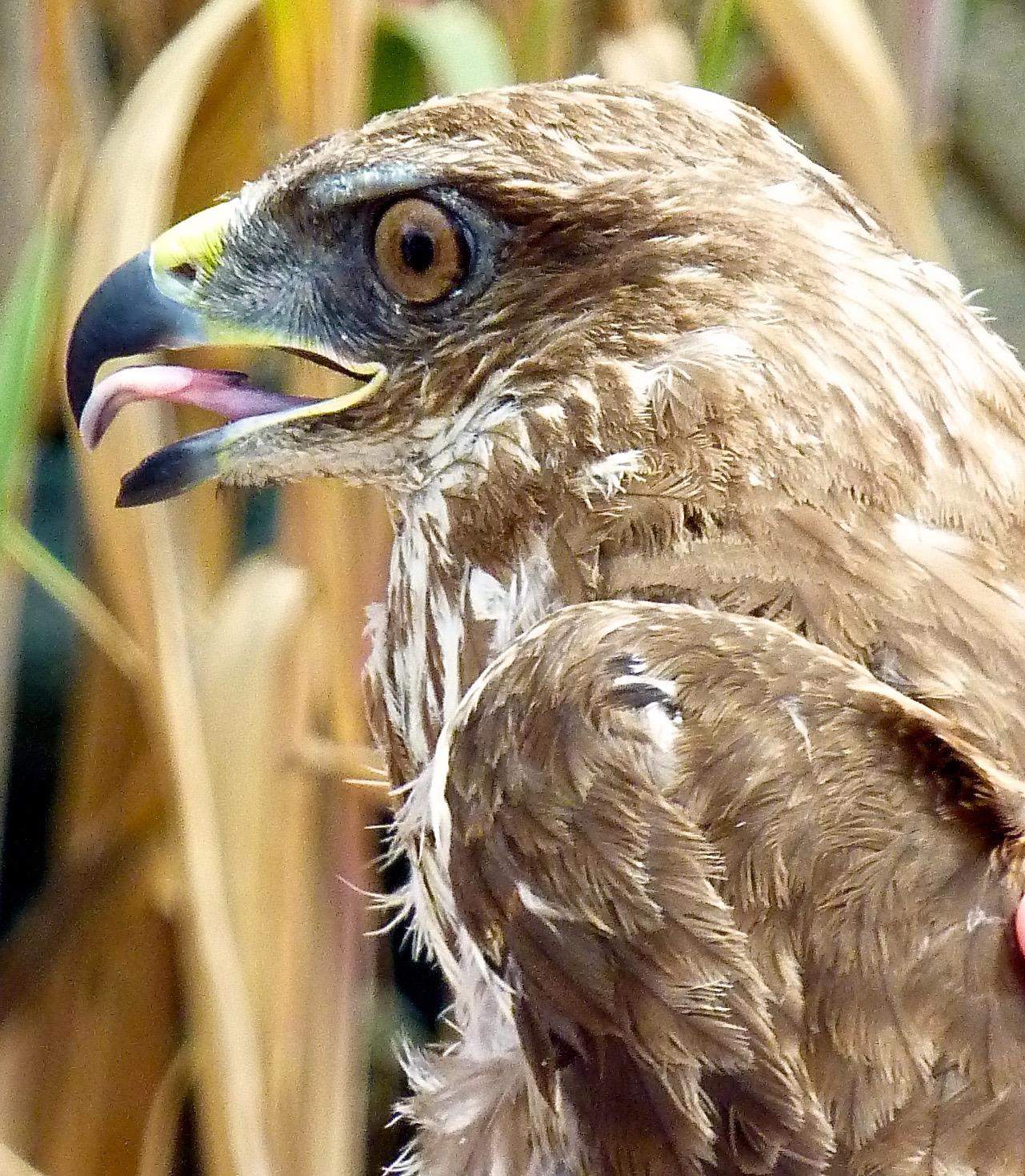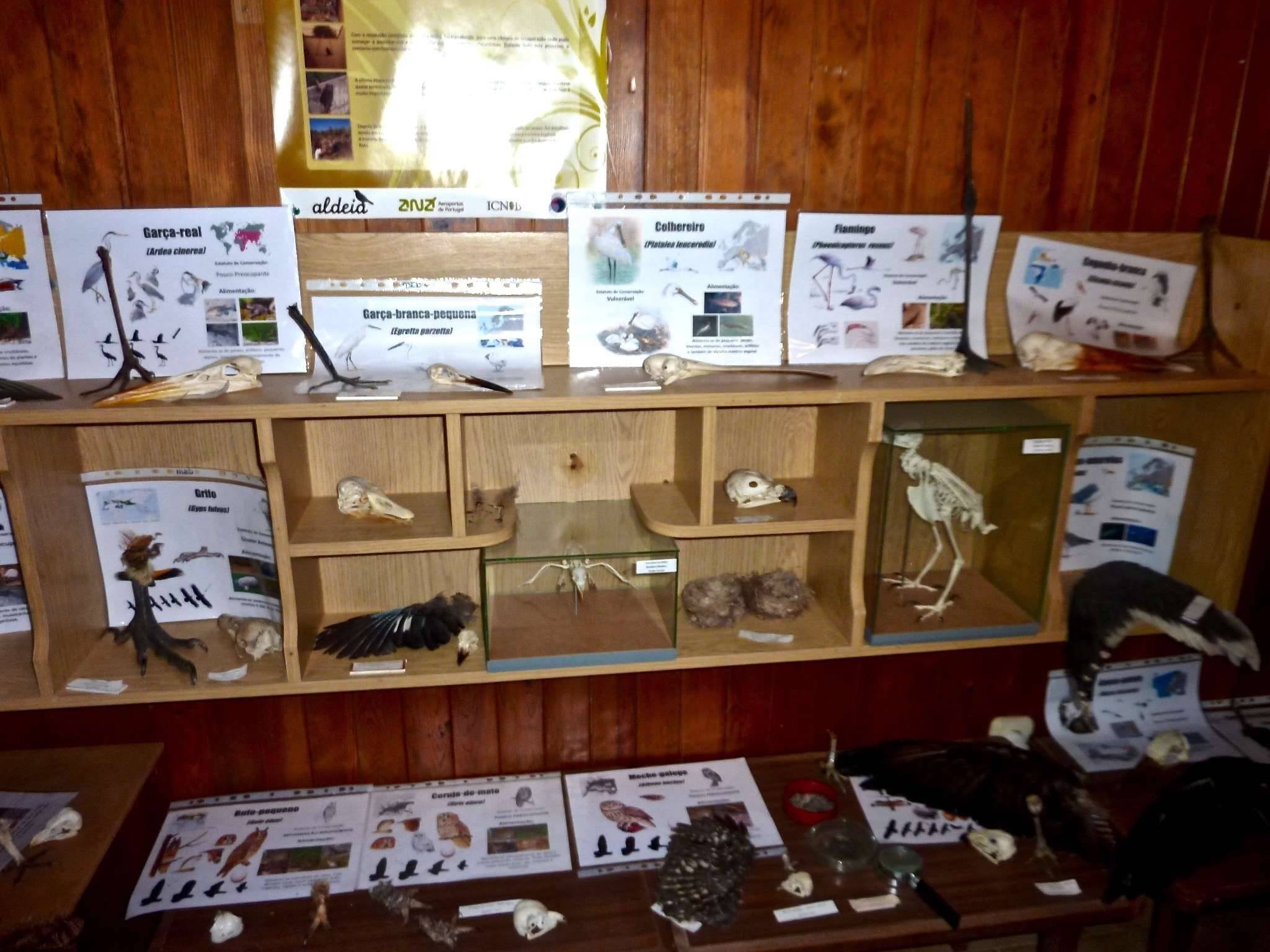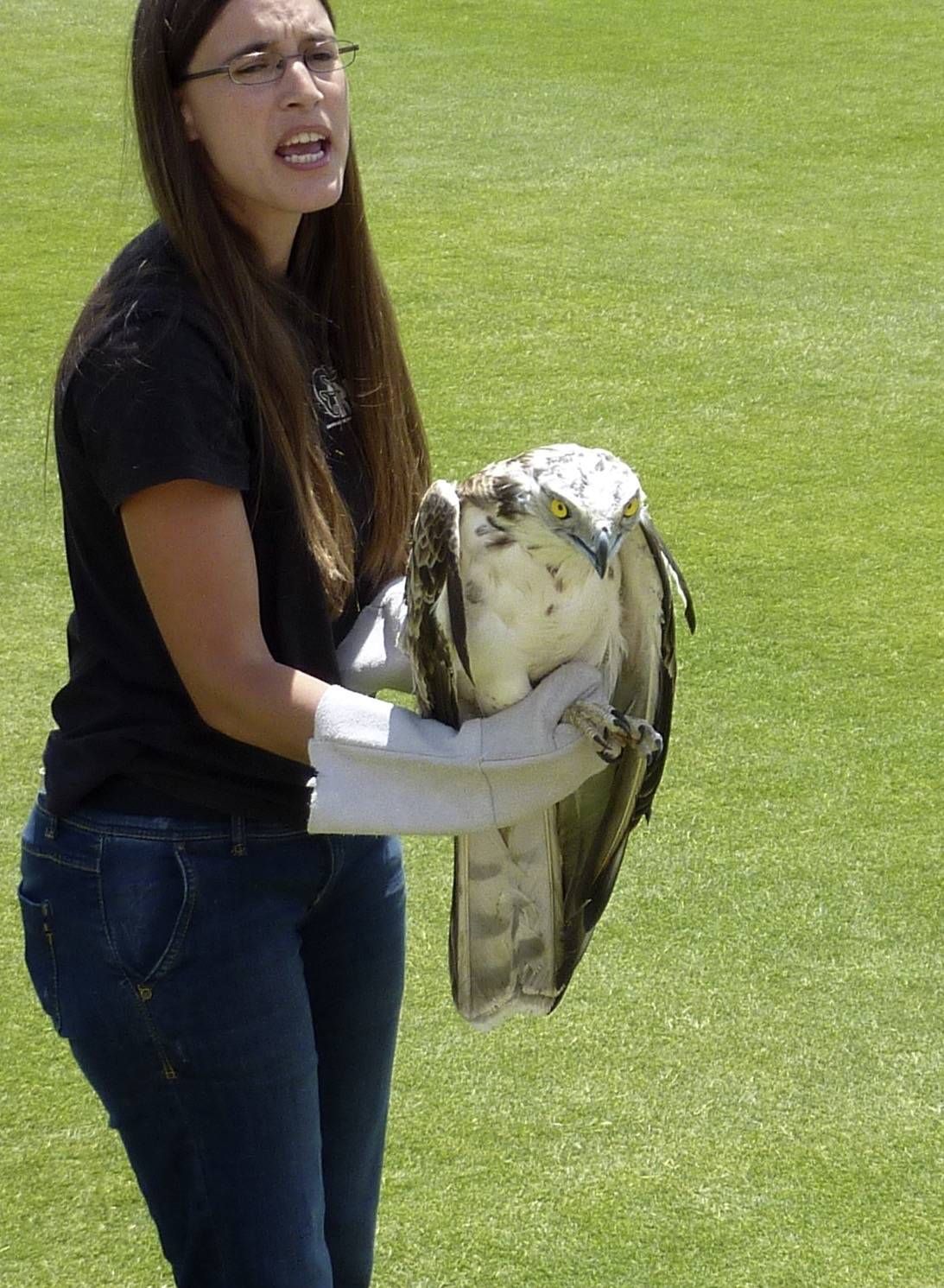Lynne Booker July 2013
To see a large bird of prey returned to the wild after months of rehabilitation following a shooting injury is an emotional, powerful and magical experience. We were fortunate to witness near Olhão the release of a young Short-toed Snake Eagle (Circaetus gallicus). This diurnal raptor had a wing span of near the maximum for the species (up to 185 cm (6ft 1 in)) and in body length it was near 67 cm (2ft 2 in). We were able to photograph its pale undersides and barred tail but its outstanding features were large piercing yellow eyes which give the ability to detect prey from up to 500m This particular bird made quite plain its impatience to regain its freedom by biting at the gloved hand which held it. Superb flyers, Short-toed Snake Eagles spend more time on the wing than other members of their genus such as kites, buzzards and harriers. They may sometimes be identified in the air as they carry their wriggling snake prey.
Releasing animals after hospitalisation is perhaps the most glamorous (and also dangerous) part of the work of RIAS (Centro de Recuperação e Investigação de Animais Selvagens) in the Ria Formosa Natural Park at Quinta de Marim just outside Olhão. The Wildlife Rehabilitation and Investigation Centre has as its main objectives: rehabilitation of wild animals; investigation of the risks to the animals and how conservation can be best served; and environmental education and promotion of the understanding of biodiversity.

The site at Ria Formosa was established in October 2009 under the organisational umbrella of ALDEIA (stands for Ação, Liberdade, Desenvolvimento, Educação, Investigação, Ambiente) in partnership with ICNF (Instituto de Conservação da Natureza e das Florestas). ALDEIA, based in Vimioso, aims for sustainable development based on nature conservation and the preservation of the culture and traditions of rural areas and RIAS is one of nine countrywide projects which it sponsors. RIAS is supported financially by ANA (Aeroportos de Portugal) which pays the salary costs of three staff.
The team is managed by Fábia Azevedo who also takes in hand the volunteers who put themselves forward to help at RIAS. How did she come to be standing in front of an audience of fifty, clutching the short-toed snake eagle prior to its release? As a child, Fábia lived in a house where her parents also provided a home for birds, cats, dogs, chickens and pigs. She found she loved the animals and by the age of eight she had already decided to become a biologist. After graduating in biology from the University of Aveiro, she served an internship with CERVAS (the wild animal ecology, surveillance and rehabiltation centre in the Serra da Estrela Natural Park) before moving to the headquarters of ALDEIA to develop an environmental education programme for children and when RIAS opened in 2009 she was invited to coordinate its work in Olhao. Having seen her in action, we can attest that her determination is a powerful part of her character.
Since 2009, the staff of RIAS has rehabilitated more than 1200 animals for release back into the wild. They receive more than 1000 damaged animals each year and the veterinary bills for these wild animals can prove to be quite steep. They receive most animals in the spring and summer seasons and it is therefore at this time that they need more volunteers. Over the four years of its existence, RIAS has benefitted from the work of more than 200 volunteers and trainees. In fulfilment of one of the aims of RIAS, children have a special place in the timetable of the staff, who teach them about wildlife and what to do if they find an injured animal. Because RIAS operates as a wildlife hospital, it cannot always be available to receive visitors, but some of their work in their Environmental Interpretation Centre may always be seen.

The Interpretation Centre has fossils, drawings, and what they term the torture chamber. Among the images on display are x-rays of birds which have swallowed fishing line; or which have been shot; or which have been trapped by old-fashioned snares. Fábia also highlighted the unwitting damage to the environment caused by those people who buy exotic turtles. These animals grow too big for their tanks and the common solution to the problem is to release them into local rivers and fresh water lagoons where they successfully compete with the native species.
At RIAS, Fábia Azevedo has an enormous task. With only three staff, she has to oversee the care of the animals; provide training for seasonal volunteers; and offer an educational role within the community. It is a delight to hear her enthusiasm for new projects such as tagging and monitoring animals, studying wildlife parasitology and discovering means for environmental enrichment. Clearly, the possibilities for developing the work at RIAS are endless. How does she maintain her enthusiasm when her work is hard, emotionally draining and continuous? The resources at RIAS are basic, but with enthusiasm Fábia´s team has managed to raise enough money to rebuild the new interpretation centre (the original centre had been at different times an office, a laundry and a toilet). And their unfortunately named CIA (Centro de Interpretação Ambiental) will open shortly. At present the team is developing teaching resources and producing decorations from recycled materials.

Fábia explained, We don´t give the animals names when they arrive. That way we try to keep things impersonal. We cannot afford to become attached to the animals. It would get in the way of our work. As our Short-toed Snake Eagle was released at Bela Romão Croquet Club on 27 April, we agreed to call it Croquet, in honour of our host the Croquet Club. On that occasion, Jouk´s fashion show (organised by Algarve History Association) raised €500 for the use of RIAS. On the next day we spotted a short-toed snake eagle on the dead branch of one of our garden trees. Fábia and I like to think it was Croquet saying his farewells.

If readers have any ideas, please get in touch with RIAS, where as Fábia explained: We always need more people (particularly volunteers who can stay for some time) and more money.
E-mail:
